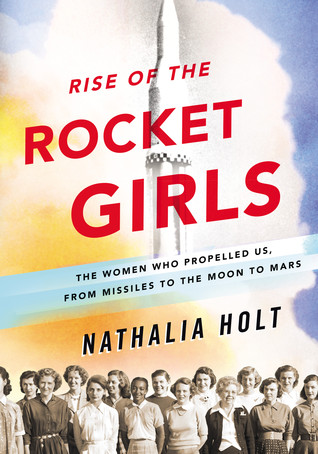By now you’ve probably heard about This American Life retracting Mike Daisey’s story about the Apple factory in China. As with previous, similar cases of articles/memoirs being found less than accurate, it’s brought up a lot of questions about what it means to be honest as a journalist and as a storyteller. One argument I particularly liked comes from John Warner at Inside Higher Ed. Warner talks about how we all lie/fabricate details to some extent, but lying doesn’t always make for a more compelling story:
“The thing is, that these lies, these distortions, these fabrications, these untruths don’t make for a better story. They make for an easier one, a story with fewer thorns to swallow on the way down, a less complicated story….Maybe I’m just suspicious of these “better” stories because to me, the best stories are the most complicated ones, the ones that refuse to resolve in easy ways. Those are the stories that are most true because resolution is something that always remains just beyond our grasp.”
I love this focus on truthfulness as a necessary part of storytelling and life. If, as writers, we endeavor to connect with readers on a basic, human level, shouldn’t part of that connection be based on how complicated normal life can be? Sometimes there is no villain. Sometimes the hero has other motivations. Sometimes the resolution isn’t so satisfying. But that’s all part of the real human existence. I’d rather get the full, complicated picture than be condescended to as a reader.
Even though Warner’s article mostly talks about journalism and nonfiction books, it’s a good idea to keep in mind for fiction writers, too. While we get to make stuff up (flying ponies do exist!), we also need to remember that being alive is complicated. Existing in the world means that you may encounter people who don’t always conform to your ideas about who they should be, or you may struggle with your own feelings about a particular event. These complicated interactions need to be a part of fiction just as much as they need to be a part of nonfiction.
Make sure to read the rest of the article as well. Do you think truth plays an important role in fiction?
 This week I was also reading 26.2 Miles to Boston: A Journey into the Heart of the Boston Marathon by Michael Connelly. I loved reading the history of the marathon and going step by step in the route and remembering all the excitement of last year. I remembered the emotions of the 2013 marathon and the bombing and how the week after felt then, too. But I remembered how even in hard times, good people prevail. We need to stay strong together and fight for each other.
This week I was also reading 26.2 Miles to Boston: A Journey into the Heart of the Boston Marathon by Michael Connelly. I loved reading the history of the marathon and going step by step in the route and remembering all the excitement of last year. I remembered the emotions of the 2013 marathon and the bombing and how the week after felt then, too. But I remembered how even in hard times, good people prevail. We need to stay strong together and fight for each other. Happy Friday, all! I was feeling the good writing vibes this week, and I’m looking forward to a beautiful weekend here in the Boston area. Let’s get things started with a look at what I’ve been reading and writing in fifteen words or fewer.
Happy Friday, all! I was feeling the good writing vibes this week, and I’m looking forward to a beautiful weekend here in the Boston area. Let’s get things started with a look at what I’ve been reading and writing in fifteen words or fewer.